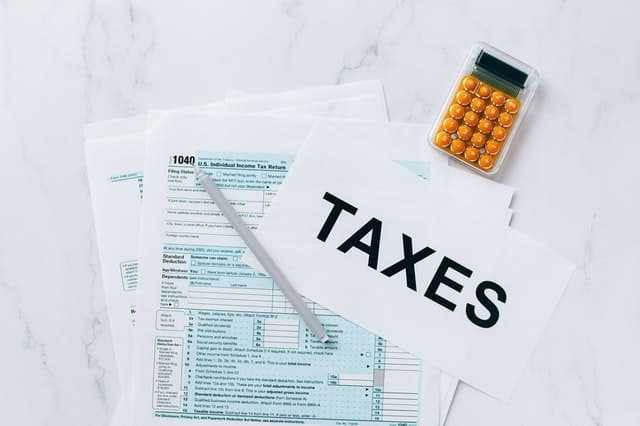The South African Revenue Services (SARS) appears to be reviewing the tax deductibility of donations made after 30 September 2021 to organisations set up to provide economic forms of disaster relief for Covid-19
If you donated to a Covid-19 disaster relief organisation or, as such an organisation, issued a tax-deductible receipt after 30 September 2021, you should take note of divergent interpretations that have emerged of what qualifies as disaster relief within the ambit of the applicable legislative matrix.
Covid-19 relief organisations were set up in response to the call by the President for South Africans to stand together in response to the economic impact following the outbreak of the Covid19 pandemic. These “Covid-19 disaster relief organisations” had one thing in common – each one was set up to provide relief during a legislated national state of disaster resulting from the Covid-19 pandemic.
During the early stages of the pandemic, the legislative framework governing the tax consequences of Covid-19 disaster relief organisations was changeable and uncertain and legislation was drafted in urgency to flex the existing tax laws in response to the emergent needs of the tax base. Ultimately, it culminated in the Disaster Management Tax Relief Act, 2020 (DM Tax Act), a separate piece of legislation to the existing Income Tax Act. The DM Tax Act cannot be read in isolation and must be seen to allow for specific and temporary changes to existing tax legislation. Importantly, the ongoing state of disaster in terms of the Disaster Management Act, 2002 (Disaster Management Act), its regulations and those provisions of the Income Tax Act, 1962 (Income Tax Act) that relate to organisations carrying out the public benefit activity of providing disaster relief provide important context to the wording and legislative intent behind the DM Tax Act.
The wording of the DM Tax Act states that organisations will qualify as Covid-19 disaster relief organisations if they provide “disaster relief” (within the ordinary meaning of those words) for the Covid-19 pandemic. Disaster relief, as defined by the Collins Dictionary, means “financial or physical help provided to people or areas hit by a disaster“. Therefore, organisations providing economic relief to affected persons were providing and continue to provide “disaster relief” even if such relief is economic relief. Arguably, as long as the South African government keeps South Africa in a national state of disaster due to the ongoing Covid-19 pandemic, these organisations should be allowed to continue their economic disaster relief efforts.
The South African Revenue Service (SARS) has, however, taken a narrower interpretation of “disaster relief”, which restricts the concept to non-economic relief, such as provision of food, clothing and shelter, and excludes economic relief. Given the vital importance that economic relief played in the co-ordinated response between government and private sector during the Covid-19 pandemic it is a missed opportunity not to develop the concept of “disaster relief” to be more inclusive of all manners of relief to ensure sustainable employment and the continuation of small and medium sized business (who remain bound to rental payments, staff obligations and municipal and similar expenses) following any legislatively recognised disaster.
A country, like South Africa, with high unemployment rates and a struggling small and medium size enterprise sector cannot afford the economic impact of a disaster of any nature and by narrowing the means by which private sector can respond during any disaster the lagging economic impact of disasters may well be with us for sustained periods of time. A look around any neighbourhood mall or shopping centre will provide ample evidence of the number of small businesses that did not survive. The consequences of such closures are plain – increased unemployment and loss of income for many families. The concept of “disaster relief” should include economic relief.
SARS does appear to be formalising its tax exemption unit to be more responsive and open to engagement. It is systematically engaging with Covid-19 disaster relief organisations to bolster this aspect of its offering and to understand the level of fraud relating to tax deductible donations during the Covid-19 pandemic. A more open, robust, and active tax exemption unit is to be welcomed. Some of the tax exemption provisions, specifically section 18A, are base erosive and ensuring minimal opportunities for fraudulent claims by taxpayers exist is imperative. This is especially important in South Africa given the small tax base.
Despite these divergent interpretations of what qualifies as disaster relief it remains encouraging to see a more robust tax exemption unit. We urge Covid-19 disaster relief organisations and their donors to take note of the call from SARS to ensure appropriate and valid relief is claimed.
- Wesley Grimm, Senior Associate & Shirleen Ritchie, Partner at Webber Wentzel
